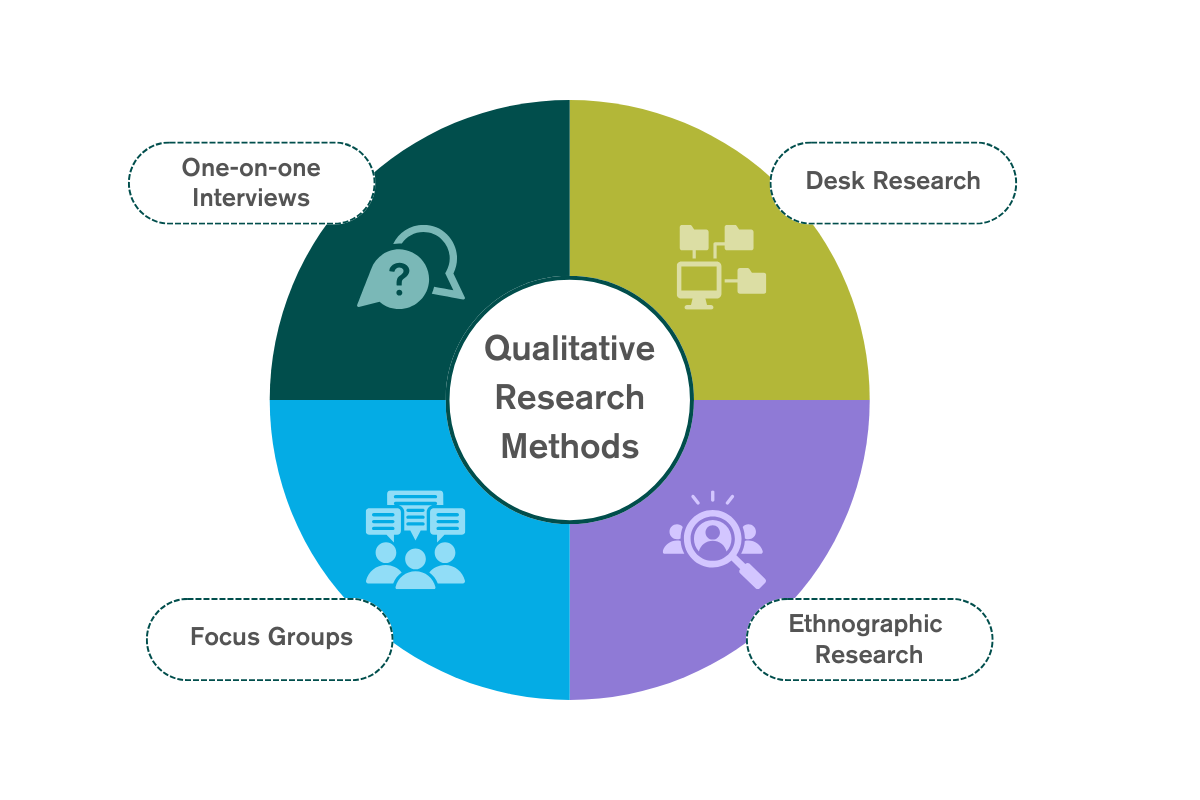Capability
B2B Product Development Research
Product development research helps you to release best-in-class products that are built around the voice of the customer. Accelerate your product roadmap with user feedback.

Why choose us
B2B product development research you can believe in
B2B product development research is often the make-or-break for a successful product launch. Our product testing helps you to build best-in-class products that meet the needs of the customer.
High quality data
Data sourced from computer-assisted telephone interviews or video interviews – no online survey panels. Get insights from real people with real expertise.
Greater efficiency
A streamlined research process that saves time and resources, while also uncovering clearer insights.
Genuine B2B expertise
A team of B2B experts that know what’s important to you and your industry.

Use Cases
B2B product research and development
Product launch
Product concept testing allows you to try out new product features with your target audience ahead of launch. Product testing companies help you to iron out any issues and develop an effective marketing strategy based on value propositions.
Product positioning
Product development research finds out if there are unmet market needs. It identifies what specific features could enhance your product to meet those needs.
Product roadmap
Research on product development prioritizes the most impactful innovation as you plan your 5- to 10-year product roadmap.
Localization
Market research for product development in different geographic markets tests that your solutions align with cultural nuances.
Our process
Custom-built product development research
Every one of our product testing projects is custom-built from scratch. No more off-the-shelf research.
Define your research objectives
An initial meeting to understand your brand challenge or opportunity to inform our research plan.
Project kick-off
We meet with your internal stakeholders to align on the research plan, including objectives, timings and audience.
Design interview materials
We custom design the interview discussion guides and/or questionnaires and edit until you sign-off.
Design interview materials
We custom design the interview discussion guides and/or questionnaires and edit until you sign-off.
Recruit real decision-makers
We recruit, screen, and validate the identities of relevant decision-makers in your target audience.
Data collection
We conduct live interviews with a representative sample of relevant decision-makers.
Analysis and reporting
We analyze the data collected by relevant variables and report clear and actionable insights in a short slide deck.
Strategic recommendations
We provide key recommendations on how to derive value from the insights and present the findings.
Featured CAse Studies
B2B product concept testing
Faqs
Product testing FAQs
Here are some FAQs about market research for product development.
What is product development research?
Product development research is the process of testing new products and product features with your target audience. Product development and testing solutions include new product development (NPD), R&D research, conjoint, discrete choice modeling and prototype testing.
Why is product testing important?
Product testing is an important step when launching a new product or improving an existing product. It allows you to test product features with your target audience in a safe environment. Your customers’ feedback can be vital for understanding where a product is hitting the mark, and where it needs further improvement before launch. This makes sure that a new product or feature is optimized for your customers’ needs, increasing the likelihood that your product will be a commercial success.
What is the focus of a product development test?
The focus of a product development test is to provide insight into:
- Which avenues of innovation to prioritize based on the needs and drivers of the audience.
- What solutions and features to prioritize based on purchasing decisions and willingness-to-pay.
- What product names, marketing messages, ad campaigns, and value propositions resonate best with your target audience.
How do you conduct product testing?
Product testing is conducted using both qualitative and quantitative research. In a focus group setting, virtual in-depth interview or ethnographic interview we ask prospective users for their feedback on product stimuli. This can help to identify appealing aspects of the product and any concerns or misconceptions that need to be address, to optimize product development.
Focus groups and in-person interviews also allow for a tactile assessment of product concepts to explore initial experiences and use cases. A quantitative survey then measures whether the product aligns with your customers’ expectations, needs and behaviors. It also tells you whether they are willing to pay for the product, and if so, how much they are willing to pay.
What role do focus groups play in product testing?
Product testing companies frequently use focus groups to test products with groups of consumers. By conducting an open-ended discussion with a group of 6 to 8 prospective users, you can pinpoint initial perceptions, including features that work well and potential frustrations. The open-ended nature of the discussion enables the focus group moderator to probe deeper on any feedback. Focus groups also allow for product concepts to be put in-front of relevant decision-makers, for a more accurate assessment of what works well, what doesn’t, and the perceived value of the product.





